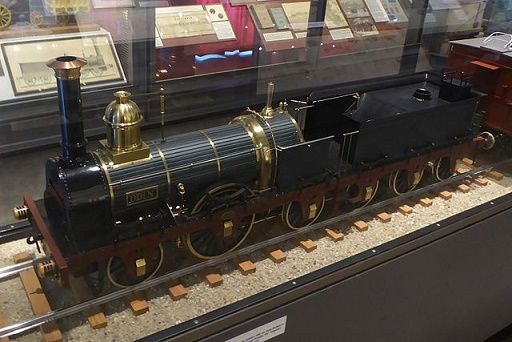Forget about the IC3s and IC4s – in some people’s eyes, the only real railway locomotive is one powered by steam, preferably also with a stoker on the footplate shovelling coal into the firebox.
A group of railway enthusiasts have been beavering away for the last 14 years on a project to build a working replica of the first steam locomotive to run on the Danish railway network: Odin.
The new Odin loco is now ready and can be seen at Denmark’s railway museum in Odense from 15 September, reports DR Nyheder.
An English import
The original Odin was built in Manchester in 1846 and broken up in 1867, but as there are no detailed blueprints in existence, the enthusiasts have had to use a lot of trial and error to arrive at some of the technical solutions.
“I might wake up at two o’clock at night with the answer to a problem that I’d been mulling over for a long time and then I couldn’t sleep for the rest of the night until I’d drawn it up,” said Jørgen Lindevall, a co-ordinator of the reconstruction.
Ivor the engine driver
Odin was originally in service between Roskilde and Copenhagen, and at that time it took 53 minutes to make the 32 km journey – now down to around 25 minutes.
As well as co-ordinating the construction work, Lindevall also drives the replica locomotive. “Being an engine driver was a very prestigious occupation back then. You could hardly have a more prestigious one,” he said.
The railways were extremely important for Denmark as a society and started a transport revolution.
This was especially true for the co-operative farming system. It allowed goods and people to be transported from farms to cities and back again quickly.















